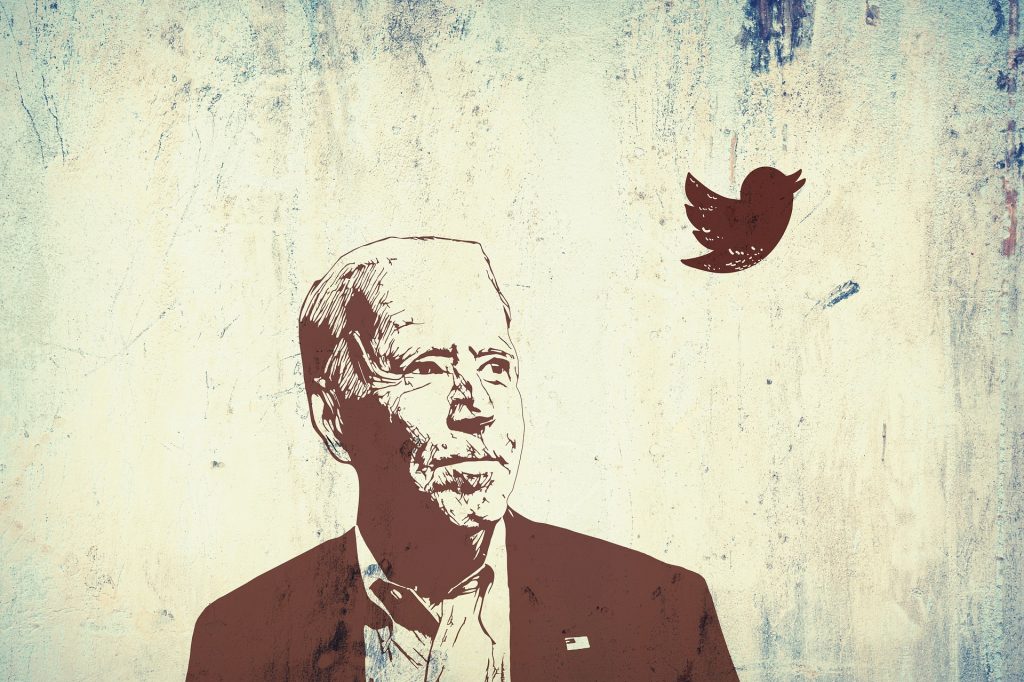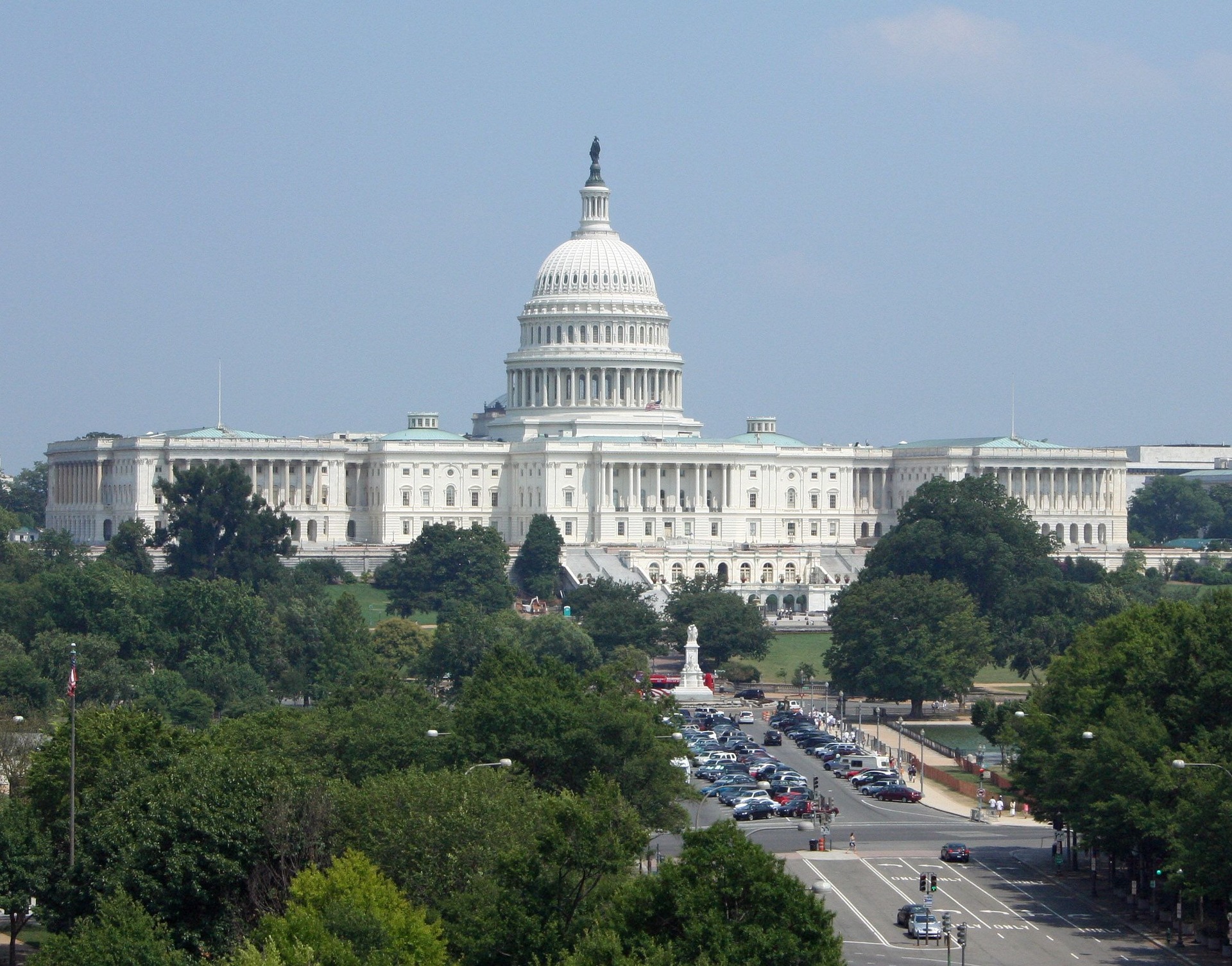The economy is always a major factor in any election, and this year is no different. President Biden and the Democrats are facing challenges from the Federal Reserve and OPEC as they try to keep control of the House and Senate in the midterm elections.
The economy has been a major issue in the campaign, with the NBC News poll finding registered voters evenly split on which party they preferred in Congress, but backing Republicans by 19 percentage points on dealing with the economy. An improving economy could help tip the House and Senate results in Democrats’ favor, while signs of resurgent inflation or economic contraction could diminish their chances of keeping control of both chambers.

The most recent economic data, the monthly employment report, showed the economy created 263,000 jobs in September and the jobless rate fell to 3.5%. The White House called this a sign the job market was cooling somewhat but remained healthy. However, there are still concerns about a possible recession and worrisome indicators in the economy, which has been marked by still-high inflation, a contraction in economic output and mortgage rates that have reached multiyear highs.
Republicans have accused Mr. Biden of pursuing policies—including a $1.9 trillion Covid-19 relief package last year and a sharp slowdown in oil-and-gas leases on federal land—that have driven up inflation, led to stagnant growth and undermined domestic energy production. GOP lawmakers say Mr. Biden is in denial about the pressures higher gasoline and grocery prices put on households.
The current economic conditions present challenges for any incumbent, but especially for a president who is trying to communicate a message of economic progress while also acknowledging the difficult financial circumstances faced by many voters. Nonpartisan election analysts see the Senate as a tossup, while favoring Republicans to win back control of the House. The party that controls the White House typically loses seats in the midterms.
The economy will continue to be a major factor in the election, and the outcome could hinge on whether the current challenges facing the economy improve or worsen in the coming weeks.
Background
The midterm elections are held every four years in the United States, during the months of November and December. They are held to elect the President and Vice President, as well as all members of the House of Representatives and a third of the Senate. The last midterm elections were held in 2016, and the next ones will be held in 2020.
The midterm elections are important because they give the American people a chance to have a say in who represents them in government. They are also a way for the government to be held accountable for its actions. If the American people are unhappy with the way the government is doing things, they can vote for change in the midterm elections.
The midterm elections are also a time when many important issues are discussed. candidates running for office will often talk about their plans for the economy, healthcare, education, and other important topics. This is a chance for the American people to learn more about the candidates and to make an informed decision about who they want to vote for.
If you are a registered voter in the United States, you should make sure to vote in the midterm elections. Every vote counts, and this is a chance to make your voice heard.

Read more about the topic on aljazeera.com.




